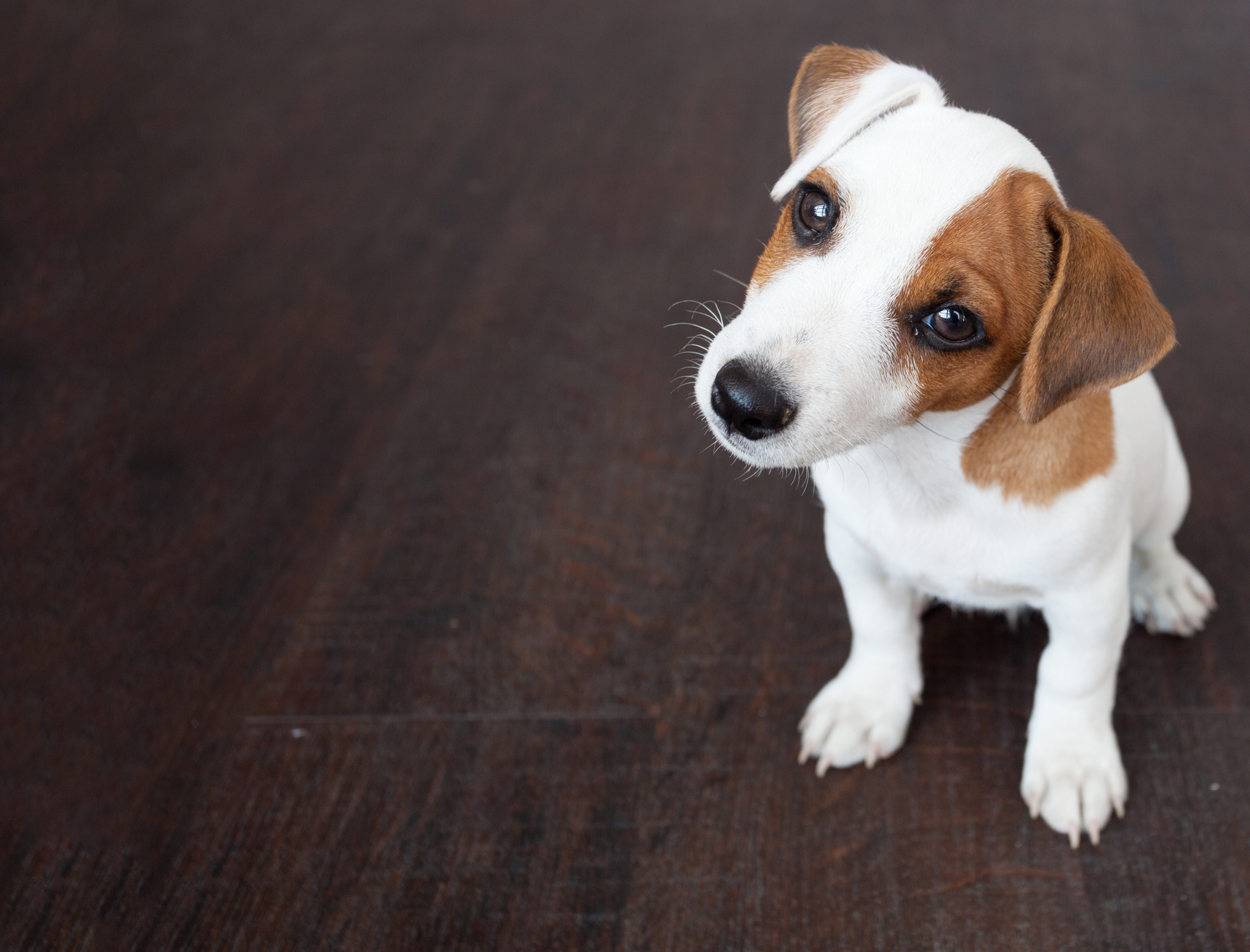 You're leaving town for a while, and you need a safe and loving environment to leave your pup at. You've found a wonderful pet daycare and pet boarding facility that you know will love your dog just as much as you do, but that doesn't make leaving your dog any easier.
You're leaving town for a while, and you need a safe and loving environment to leave your pup at. You've found a wonderful pet daycare and pet boarding facility that you know will love your dog just as much as you do, but that doesn't make leaving your dog any easier.
Boarding your dog can be difficult for the pup and the owner alike, especially if neither of you has gone through the process before. You're nervous about how your dog will react, but there are a few ways to make the transition easier for everyone.
Preparing to board your dog for the first time is the best way to ensure that both you and your pup are ready to have an enjoyable boarding experience. To prepare, you'll need to know a few valuable tips. Here's everything you need to know about preparing yourself and your dog for pet boarding!
1. Quick and Positive Departure
We know that leaving your pup is hard. Your dog is your best friend and you're used to spending every day by his or her side. As the boarding date gets closer and closer, you start to feel anxious.
This is a normal feeling to have but unfortunately, your pup will be able to pick up on these feelings. The best thing to do is remain as calm as possible the days leading up to and the day of the boarding. Another way to ensure the drop off is a smooth process is to make it as quick as possible and as positive as possible.
If you feel tears swelling up inside, do your best to hide them from your pup and let your emotions out after leaving. This way, you won't upset your pup when you leave.
2. Updated Vaccinations
Many pet boarding facilities require dogs to be updated with their vaccinations. It might seem like a lot of work for you, but it's for the safety of your pup and all the other sweet pups at the facility. You don't want your dog getting sick while you're away and you wouldn't want anyone else's dog to get sick either.
To prevent this from happening, be sure to make a trip to your pup's veterinarian at least 2 weeks prior to the boarding date. Ask your veterinarian to update your pup on all vaccinations and speak with your vet about any concerns you may have about leaving your pup.
Before exiting the office, be sure to take home copies of your pup's record to show the boarding facility that he or she is updated.
3. Updated ID Tags
While away, you never know if you're going to be able to answer your phone at all times. Because of this, it's essential that your pup has updated ID tags in case of an emergency. You might not think about it, but if you've moved or changed your phone number recently, you may need to make those changes to the ID tag.
If you dog has a microchip, make sure that this is updated as well.
4. Familiar Items
When you're away from your home for a period of time, what's the one thing that can make you feel comfortable? The answer is something familiar. Whether this is a picture, someone you love who's traveling with you, or something else.
The same is true for your pup. Call ahead of time to speak with the boarding facility to see if you're allowed to bring in items from home. You might want to bring in your pup's bed, a favorite blanket, or a few toys.
If allowed, do so. This will help make your pup feel more comfortable.
5. Socialization Training
If your dog isn't used to being around a lot of other dogs all at once, then you might want to consider having socialization training done before the boarding date. This type of training will help familiarize your pup with other dogs, making the transition into boarding much easier.
Some facilities even have ways of slowly working your pup into socializing with the other dogs at the facility.
6. Consistent Diet
Some pet owners tend to want to overfeed their pups before bringing them in. Although you might feel like this is a way to show extra love, keep in mind that your pup might have his or her own anxiety when first arriving. This tends to upset their little stomachs, so it's best to keep a healthy and consistent diet for your pup up until the day of boarding.
If you have any specific feeding instructions for your pup, be sure to write them down and give them to the facility.
7. Sleeping Habits
You'll want to adjust your pup's sleeping habits if he or she is used to sleeping in the bed with you each night. You can imagine how hard it might be for your pup to go from sleeping in bed with you every night in the comfort of home to sleeping alone in an unfamiliar place.
Start getting your pup used to sleeping alone before the boarding date.
Boarding Your Dog for the First Time Doesn't Have to be Stressful!
If you're boarding your dog for the first time, we know it's a difficult process to prepare for. Keep these helpful tips in mind when preparing to board your pup, and you'll both be happy campers!
Ready to book your pup's stay? Click here for driving directions and our contact number!


 Main Blog
Main Blog